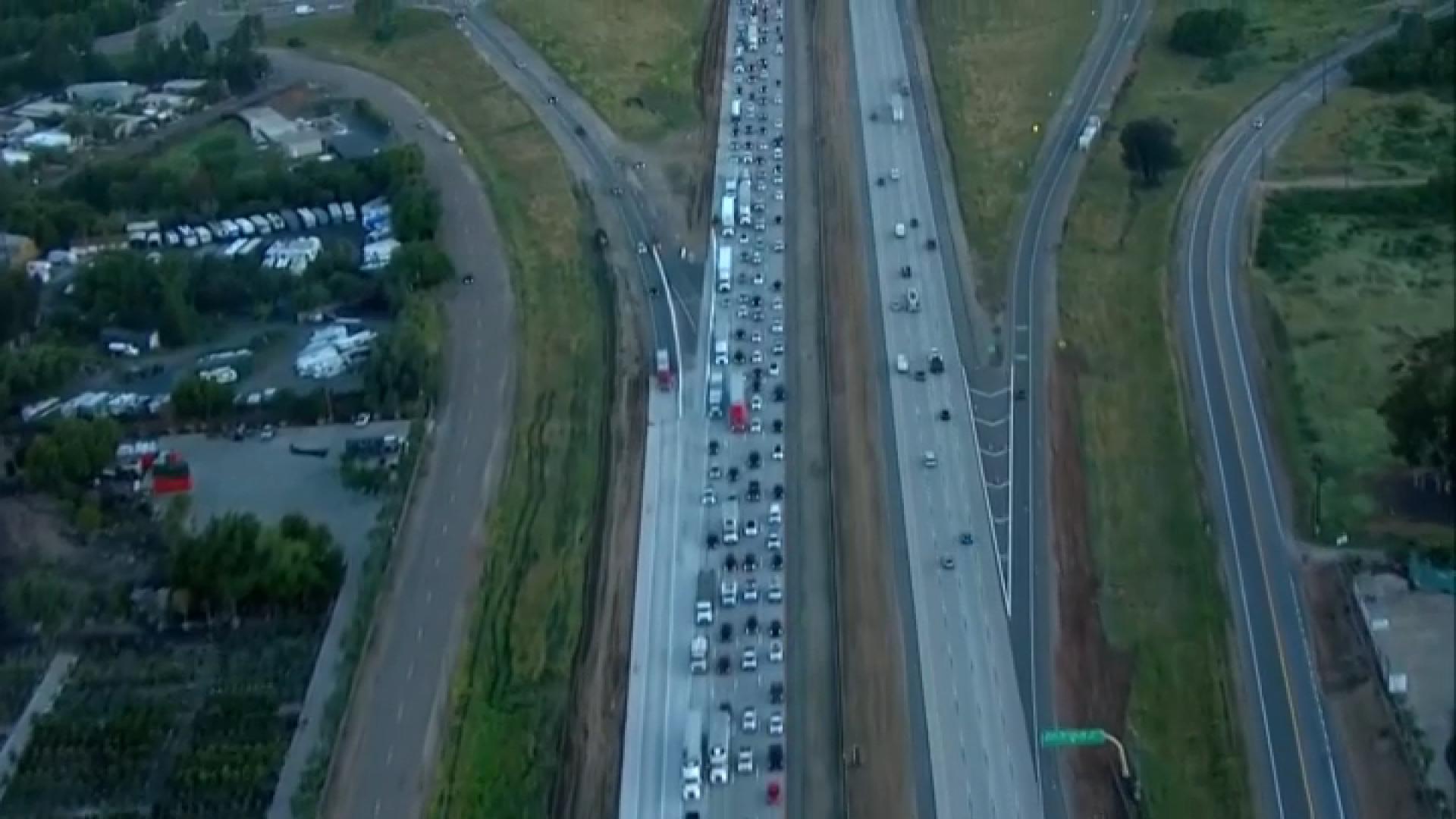A vaquita porpoise - a critically endangered species of porpoise - was found dead in the waters off Baja California on Sunday, according to Sea Shepherd, the organization known for battling illegal fishing and poaching in the oceans.
The carcass was found by one of the Sea Shepherd's anti-poaching ships, the Farley Mowat, in the Gulf of California. The crew then notified Mexican authorities to retrieve the body.
The frozen carcass is in San Felipe, where it will be examined to determine its cause of death.
The discovery comes a week after the organization found another vaquita dead in the Bay. The body of the vaquita, believed to be a newborn, was found floating in the Gulf of California just south of San Felipe on Sunday, March 12.
More than half of the population has been lost in the last three years, according to the World Wildlife Fund.
[NATL-LA]Meet the Vaquita, the Endangered Sea Mammal With 30 Members Left
Now, with only 30 vaquita porpoises left in the world, Rep. Todd Gloria (D-78th District) has introduced a bill in California to help save the rare sea mammal from extinction. The bill would make it illegal to possess or sell fish products caught in the northern Gulf of California with a gillnet.
Local
More often than not, vaquitas get entangled in nets meant for a fish known as the totoaba, which inhabits the same territory. The vaquitas are unable to surface to breathe and drown as a result.
The gillnets have led to a 90 percent decline in the vaquitas' numbers over the last five years, according a study by an international committee of experts.
In 2016, 31 illegal fishing nets for the totoaba were pulled from the Gulf of California.
Mexico has temporarily banned the use of gillnets for fishing of shrimp and other sea creatures in an effort to protect the vaquita.
However, there is a loophole that allows for the use of gillnets for fishing of Gulf corvina, a practice used to capture the totoaba fish.
Considered "aquatic cocaine," the fishing for totoaba is highly lucrative. Sea Shepherd estimates the fish is worth $20,000 per kilo.



